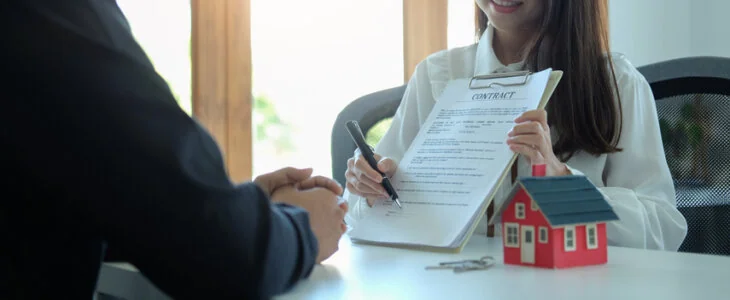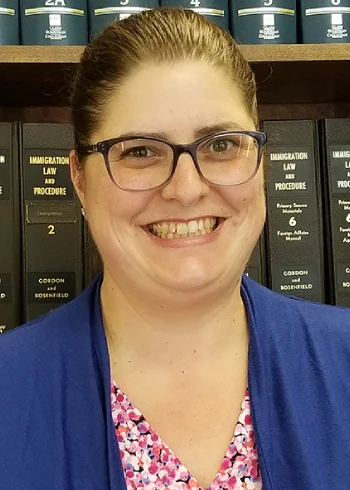The financial health and stability of a condominium complex rely heavily on the timely payment of fees by all unit owners. When some owners fail to fulfill their obligations, it can lead to a cascade of problems that threaten the well-being of the entire community. Unpaid condo fees not only strain the homeowner association’s ability to maintain and improve the property but also foster resentment among members who faithfully contribute their share.
As a homeowner association in Massachusetts, you have the power to take action against delinquent unit owners and protect the interests of your community. The state’s laws provide specific legal remedies designed to help you recover unpaid condo fees and ensure the fair distribution of financial responsibilities.
Legal Remedies for Unpaid Condo Fees
Under Massachusetts General Laws 183A sec. 6, condominium associations have the power to impose priority liens (or so-called “superliens”) against unit owners who fail to pay their fees. These superliens take priority over most other liens or debts the owner may have, including mortgages. In other words, the association can collect on its superlien before the mortgage company gets paid.
To impose a superlien, the association must follow specific steps. First, they must send a notice by first-class mail to the unit owner once the fees are 60 days past due. The notice should inform the owner of the amount owed and provide an opportunity to pay. If the owner does not pay within 30 days, the association can file an action to impose a superlien against the owner. At this time, the owner must be notified again of the lien.
Options for Collecting on a Lien
Once a superlien has been imposed, the condo association has several options, depending on the situation. If a tenant is currently renting the unit, the association can place a lien against the rent until the total amount of the delinquent fees has been paid.
In many cases, since the association’s superlien takes priority over the mortgage, the mortgage company will pay the past-due fees and add the amount to the owner’s mortgage balance.
Common Excuses and Defenses
Unit owners who fail to pay their fees will often cite reasons such as unhappiness with the current association board or other grievances. However, under Massachusetts law, these excuses are not tolerated. Grievances do not excuse the non-payment of lawfully imposed fees.
Absent extraordinary circumstances, unit owners must pay their fees or face the consequences. If the owner refuses to pay and the matter goes to litigation, they may also become liable for attorney fees, costs, and interest incurred by the association.
How an Attorney Can Help
While condominium associations have significant power under Massachusetts law to collect unpaid fees, the legal process can be complex and time-consuming. An experienced Massachusetts real estate attorney can provide valuable assistance in several ways, such as:
- Ensuring compliance with legal requirements
- Negotiating with unit owners
- Representing the association in court, if necessary
- Enforcing judgments
- Providing ongoing legal guidance
By working with an experienced real estate attorney, condominium associations can ensure that they are taking the proper steps to collect unpaid fees and protect their financial interests.
Contact LaFountain & Wollman, P.C. Today
Whether through negotiation, mediation, or litigation, a skilled attorney can help you implement effective solutions that minimize conflict, maximize recovery, and safeguard the long-term well-being of your condominium community. Don’t let unpaid condo fees undermine the financial stability and harmony of your association. Take the first step toward resolving this challenge by seeking the counsel of a trusted Boston real estate law attorney from LaFountain & Wollman, P.C., today. We have provided top-notch legal representation to Boston-area clients since 2010, and are ready to put our experience and resources to work for you. Call us today or contact us online for a confidential consultation.

